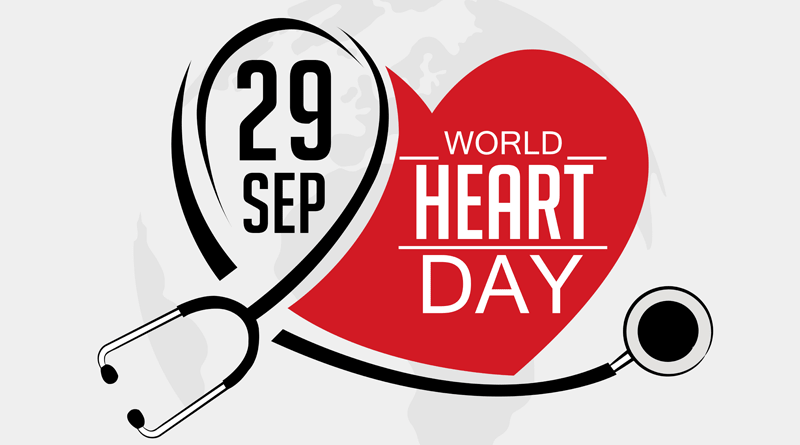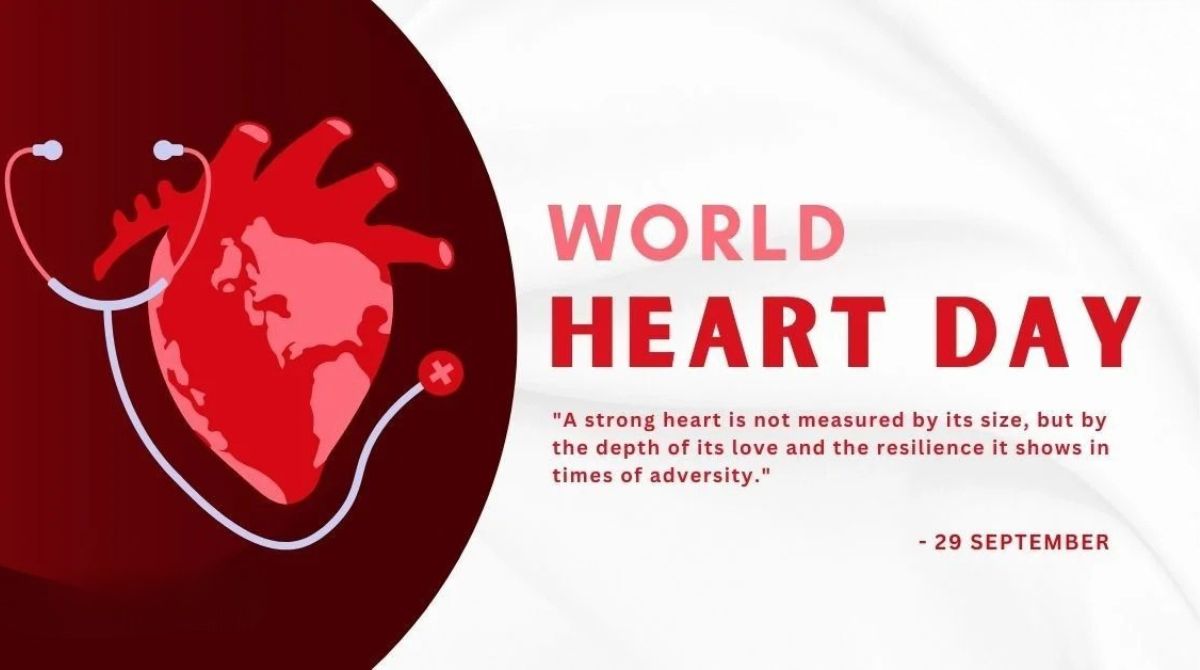
Heart disease remains one of the leading causes of death worldwide. Yet, many heart conditions can be prevented or treated with simple lifestyle changes.
Why this day matters
- Cardiovascular diseases are the number one cause of death globally.
- Heart disease often goes unnoticed until it’s too late; early signs can be subtle and ignored.
- Stress, poor diet, lack of exercise, and smoking contribute to increased heart risk.
- Many people suffer from heart conditions without realizing the severity of their risks.
- Low awareness about preventative measures makes heart disease more prevalent.
What you risk with heart disease
- Heart attacks and strokes
- High blood pressure (Hypertension)
- High cholesterol and plaque buildup in arteries (Atherosclerosis)
- Heart failure and arrhythmias (irregular heartbeats)
- Kidney damage and vision loss
- Risk of premature death due to untreated or undiagnosed conditions
What you gain when you protect your heart
- Increased lifespan and quality of life
- Reduced risk of heart attacks, strokes, and other cardiovascular conditions
- Improved physical fitness and mental health
- Stronger immunity and better overall health
- Reduced healthcare costs from fewer hospital visits
- Peace of mind from knowing you are in control of your health
Ask yourself
- Do you have a family history of heart disease?
- Are you physically active and eating a heart-healthy diet?
- Have you noticed any chest pain, shortness of breath, or irregular heartbeats?
- Are you managing stress and avoiding smoking?
If any of these apply to you, today is a good day to start taking care of your heart.
How to take action
- Speak to your doctor about regular heart health screenings.
- Eat a balanced diet rich in fruits, vegetables, whole grains, and lean proteins.
- Engage in regular physical activity, such as walking, jogging, or swimming.
- Reduce salt intake and avoid processed foods.
- Quit smoking and limit alcohol consumption.
- Manage stress through relaxation techniques like yoga, meditation, or deep breathing.
How you can help others

- Educate family and friends about heart disease prevention.
- Support heart health awareness campaigns at work or in your community.
- Encourage those at risk to schedule regular checkups and screenings.
- Share heart-healthy recipes, exercise routines, and stress management tips.
- Volunteer for heart health awareness programs or donate to heart health organizations.
Heart disease doesn’t just affect your health—it impacts your loved ones, your future, and your community. Take action today to protect your heart.